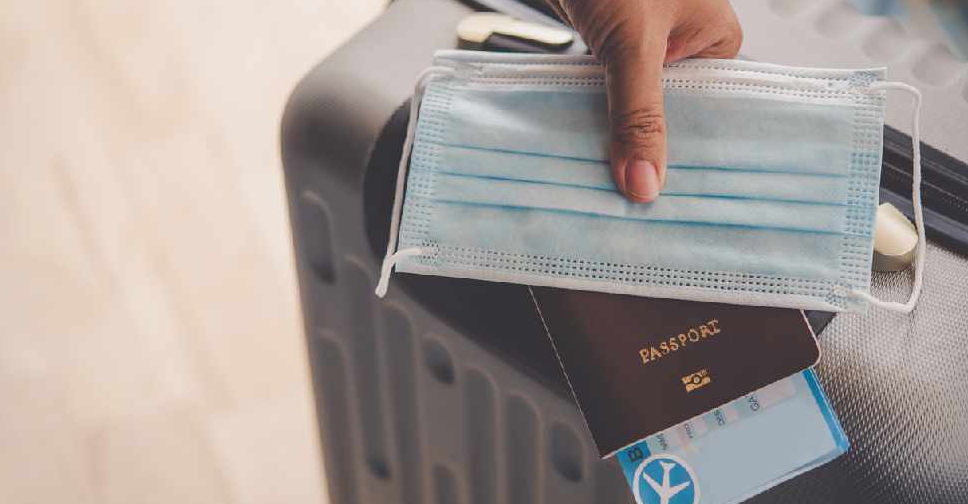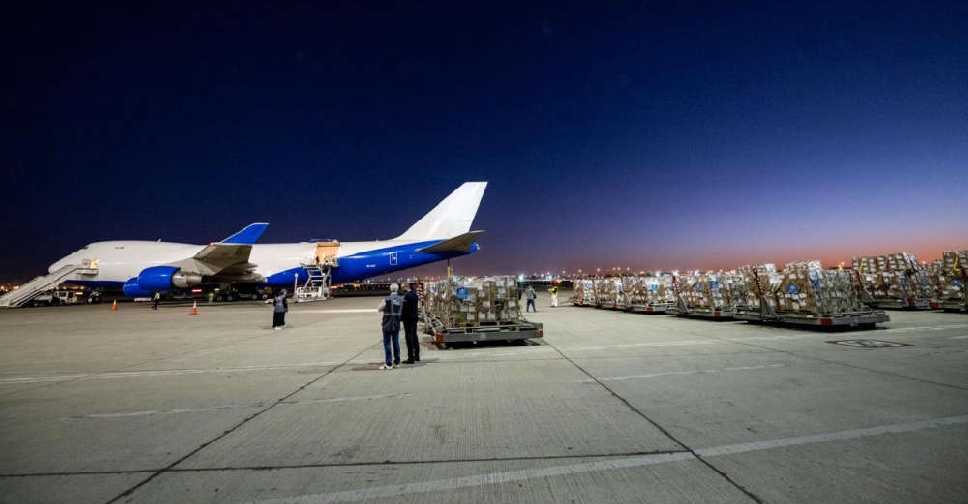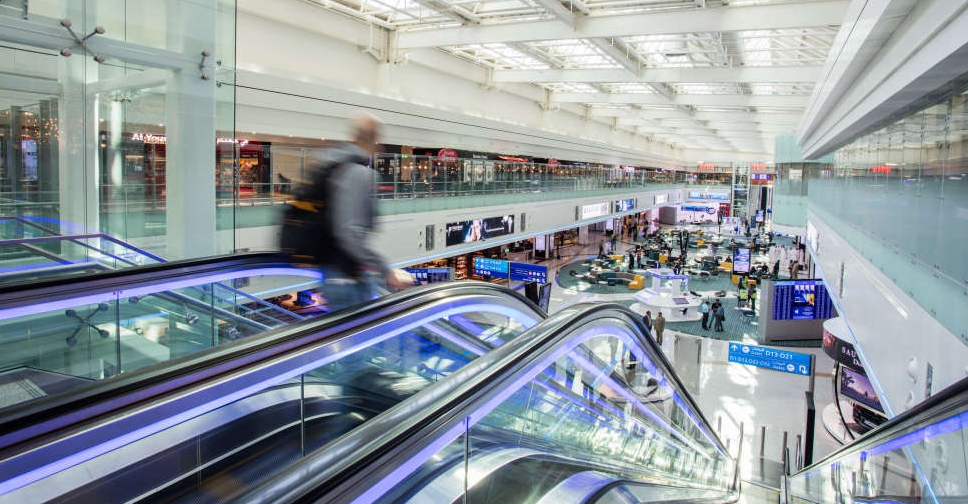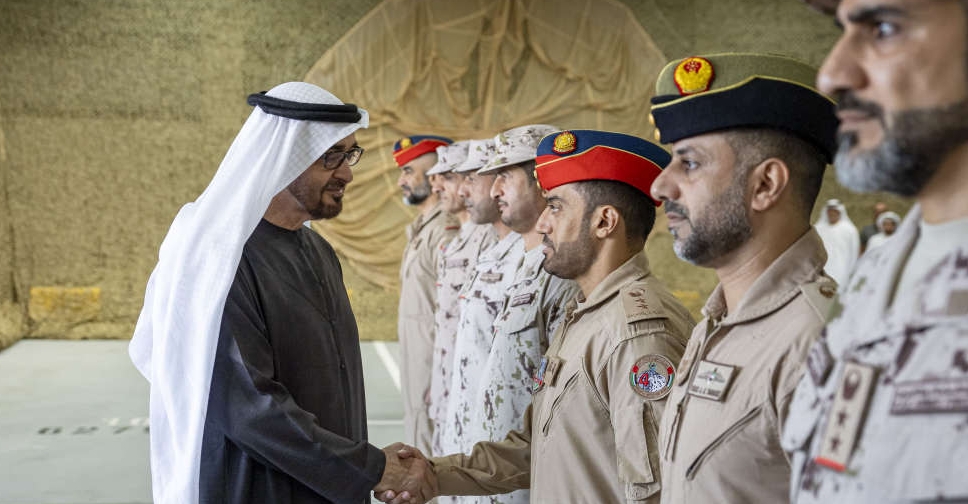
Emiratis are not allowed to travel to those countries that are on the UAE government's travel curbs list.
These countries include India, Pakistan, Bangladesh, Nepal, Sri Lanka, Vietnam, Namibia, Zambia, Democratic Republic of the Congo, Uganda, Sierra Leone, Liberia, South Africa and Nigeria.
The latest directive has been announced by the Ministry of Foreign Affairs and International Cooperation in coordination with the National Emergency Crisis and Disasters Management Authority (NCEMA).
Exemptions are applicable to the UAE's diplomatic missions in these countries, emergency medical treatment cases, official delegations, and previously authorised business and technical delegates.
#الطوارئ_والأزمات والخارجية والتعاون الدولي تعلنان منع سفر المواطنين للدول التي تم إيقاف القدوم منها مسبقاً ويستثنى من ذلك البعثات الدبلوماسية لدولة #الإمارات في هذه الدول وحالات العلاج الطارئة والوفود الرسمية والوفود الاقتصادية والعلمية.https://t.co/5NyEdQLUdm#يدا_بيد_نتعافى pic.twitter.com/WMY8MAMI1h
— NCEMA UAE (@NCEMAUAE) July 1, 2021
In a joint statement marking the commencement of the peak travel season, the authorities underlined the need for UAE citizens to comply with all COVID-19 precautionary measures and other preventative protocols in place in their countries of destination.
The two entities also urged UAE nationals to adhere to self-isolation should they test positive for COVID-19 during their travel, and to comply with the instructions and health protocols applied by their host countries.
They also have to notify the UAE embassies in their host countries in case they get infected.
The joint statement added that Emiratis will be allowed to return to the UAE after getting the necessary approvals from the relevant authorities in the host country as well as the competent health departments in the UAE, while adhering to all the guidelines and health requirements needed to ensure their safe repatriation.
The Ministry of Foreign Affairs has also called on citizens to register in the 'Twajudi' service before travelling abroad.

 Dubai sends new medical aid shipment to support Gaza
Dubai sends new medical aid shipment to support Gaza
 DXB Terminal 1 train service temporarily disrupted
DXB Terminal 1 train service temporarily disrupted
 Dubai's commercial transport, car rental sectors post robust growth
Dubai's commercial transport, car rental sectors post robust growth
 UAE President meets officers of Khalifa bin Zayed II Airborne Brigade
UAE President meets officers of Khalifa bin Zayed II Airborne Brigade
